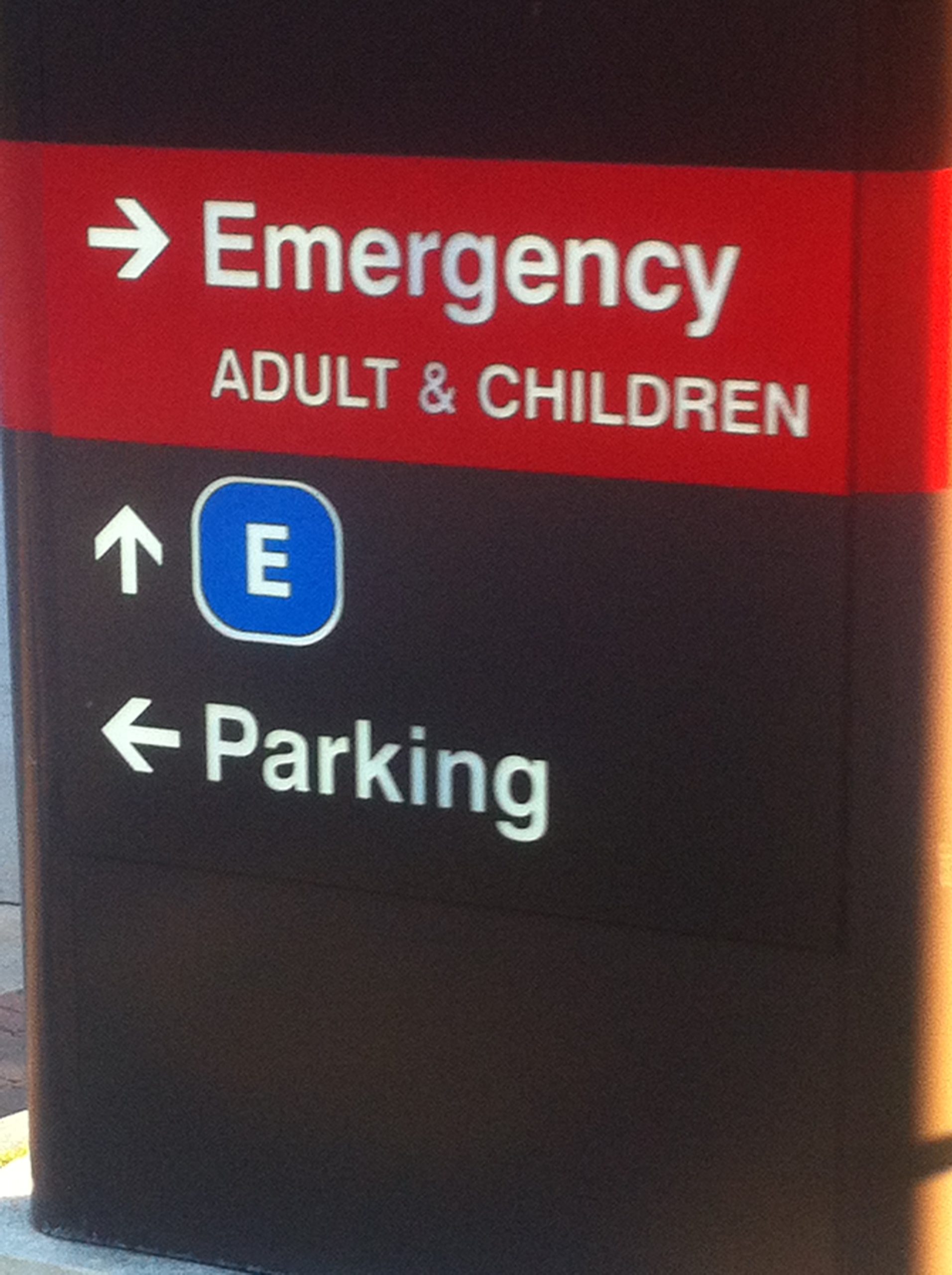A Man Dies in Jail After Allegedly Being Denied Medical Care for Diabetes-Pt. 4

Seek emergency care if:
- Your blood glucose level is higher than 300 milligrams per deciliter (mg/dL), or 16.7 millimoles per liter (mmol/L) for more than one test.
- Ketones are in your urine, and you are unable to contact your physician for advice.
- You have many of the symptoms of diabetic ketoacidosis, which were listed in the last segment of this series.
The Inmate’s Condition Rapidly Took a Turn
When Steve was first incarcerated, his blood sugar level was normal. He didn’t have medical issues that were acute in nature at the time of booking.
Steve’s blood sugar levels fluctuated during the two weeks he was at the county jail. Many times when he was tested, his blood sugar level was higher than 300 milligrams per deciliter.
The day before he died, Steve’s blood sugar level peaked to 599 milligrams per deciliter and measured at 450 milligrams per deciliter during the final test on the day he died, according the jail’s records.
Also reflected on documentation from the jail was Steve begging medical personnel to give him the correct medication. He told them that his blood sugar level was too high, that he was very ill, and that he was going to die. His symptoms at that time were vomiting, shortness of breath, coughing up blood, and sweating profusely.
The complications from high blood sugar possibly would not allow Steve’s body to make a correct immune response to an infection such as MRSA.
Learn more in Part 1, Part 2, and Part 3 of this continuing series.
Helping Texas jail detainees and their families with resources is one of the purposes of this website. There is no intention of suggesting that people or organizations have been involved in misdeeds.
–Guest Contributor
